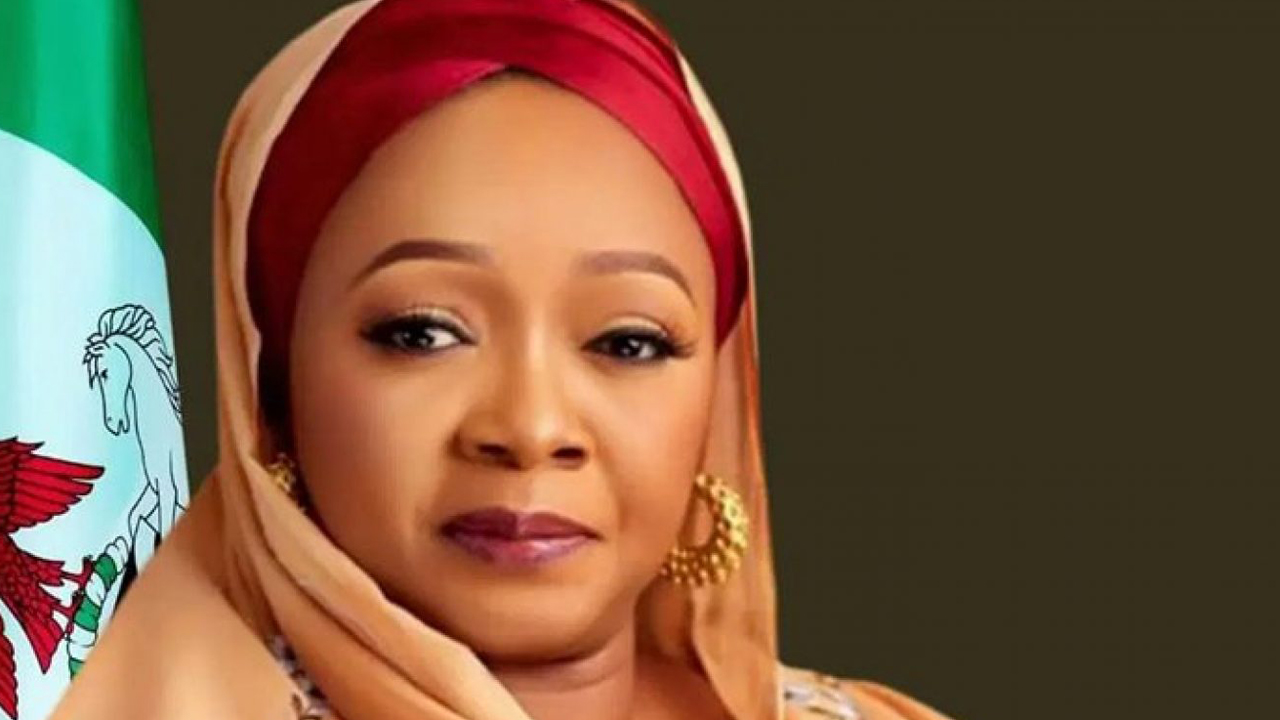The minister of women affairs, Imaan Sulaiman-Ibrahim, has restated the need for urgent and sustained action to end child marriage in Nigeria, lamenting that over 44% of girls are still married before the age of 18.
Sulaiman-Ibrahim stated this Friday in Abuja during the commemoration of the 2025 International Day of the Girl Child of October 11th, celebrated on the theme: “The Girl I Am, The Change I Lead: Girls on the Front Lines of Crisis.”
According to the minister, early marriage remains one of the most pressing threats to the rights and futures of Nigerian girls, with nearly 18% married before the age of 15.
“Each number represents a dream interrupted, a girl denied education, voice, and choice,” she said, warning that the trend continues to fuel poverty, maternal mortality, and long-term national underdevelopment.
The minister emphasized that the Nigerian girl-child is not just a passive recipient of development interventions, but a crucial agent of change, leading efforts in areas such as education, peacebuilding, climate justice, and digital innovation.
“From the creeks of the Niger Delta to the deserts of the North, girls continue to rise, resilient, resourceful, and ready to lead change, if only we give them the chance,” she stated, while urging government agencies, civil society, and traditional institutions to dismantle harmful norms that deny girls their rights.
Highlighting Nigeria’s progress, Sulaiman-Ibrahim cited the ministry’s revised National Strategy and Costed Plan of Action on Ending Child Marriage, the ongoing review of the Child Rights Act and the Violence Against Persons Prohibition Act, as well as the validation of a National Policy on Menstrual Health and Hygiene. These, she said, are designed to create tangible improvements in the lives of girls nationwide.
Despite policy advances, however, the reality on the ground remains stark. She acknowledged regional disparities, noting that while the South-East grapples with cultural and economic exclusion, girls in the North face insecurity and a lack of access to education. The South-West contends with street hawking and child labour, while in the Niger Delta, environmental challenges worsen poverty and female vulnerability.
The minister called on parents, guardians, and faith leaders to become “the first line of defence” against child abuse and exploitation, warning of new threats such as cyberbullying, online grooming, and exploitative “love promises” targeting girls.
“To our girls, I say this from the heart: stand tall, stay focused, and be patient. True beauty lies in purpose, true love in respect, and true power in knowledge. You are enough, and your dreams are valid,” she declared, urging girls across the country to join the Ministry’s new campaign, “If you see something, say something, and we will do something.”
Also speaking at the event, the Country Director of Save the Children Nigeria underscored the need to go beyond rhetoric to amplify girls’ voices and support girl-led solutions.
“Girls are not just statistics or stories of struggle. They are leading movements, designing solutions, and transforming their communities,” the Director said, pointing to Girl Champions across five states who have led advocacy campaigns on education, child marriage, menstrual hygiene, and sexual exploitation.
Through programmes like the Children’s Parliament, Girls’ Led Movement Building, and Girl Champions, Save the Children said over 150 girls have taken leadership roles in addressing real issues affecting their peers. A documentary video showcasing these grassroots efforts was unveiled at the event.
UNICEF figures were also cited, noting that one in five young Nigerian women were married off as children, with higher rates in fragile and crisis-affected regions.
The event, attended by policymakers, civil society actors, development partners, and members of the Children’s Parliament, concluded with renewed calls for greater investment in girl-child education, protection, and leadership.
“As we mark Beijing+30 and reflect on the commitments made to gender equality, one truth remains: no country can achieve sustainable development without the active participation of women and girls,” Sulaiman-Ibrahim affirmed.
She called on all stakeholders, including the media, to amplify the voices and actions of girls not just as a matter of rights, but of national interest. “To every Nigerian girl, from Sokoto to Calabar, from Maiduguri to Lagos, you are light in the midst of shadows. The front lines await your courage. The nation awaits your brilliance. And the world awaits your voice,” she concluded



